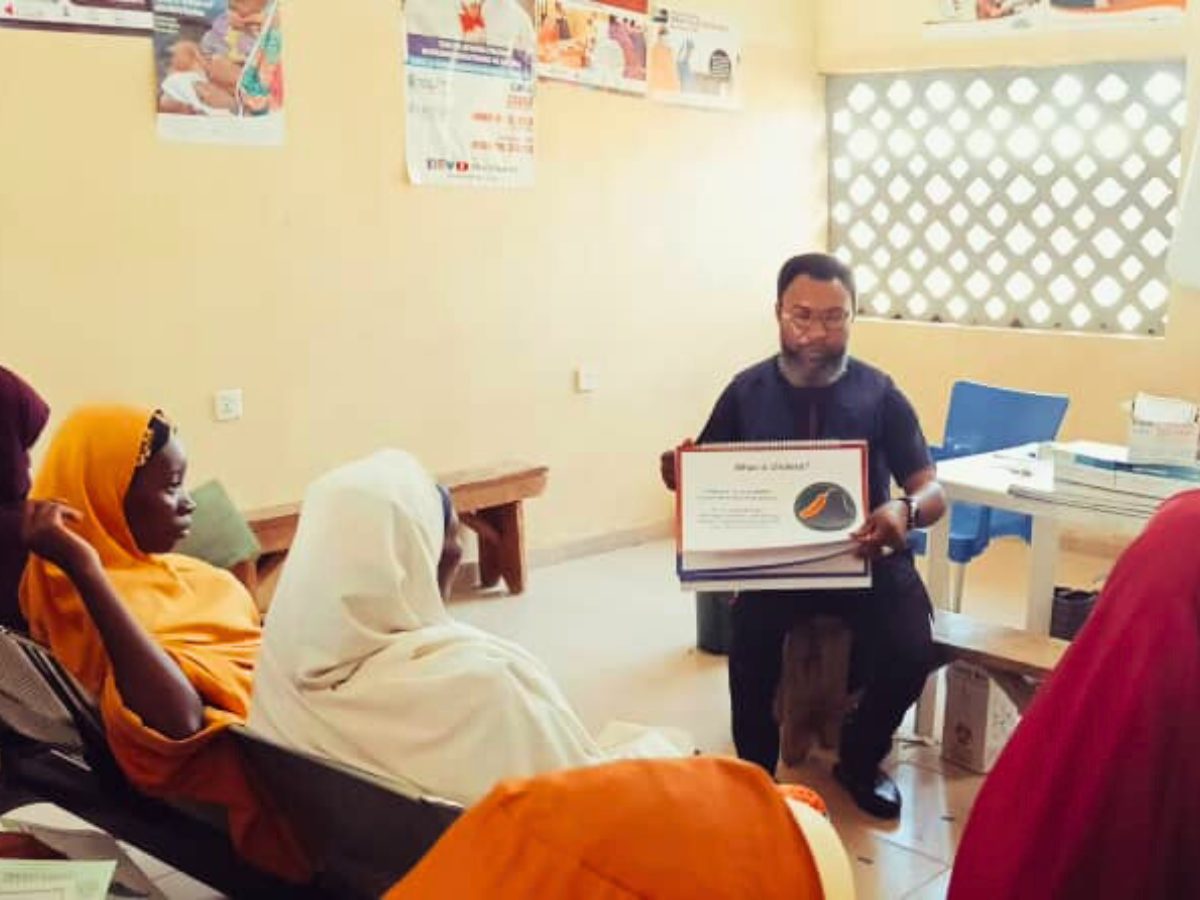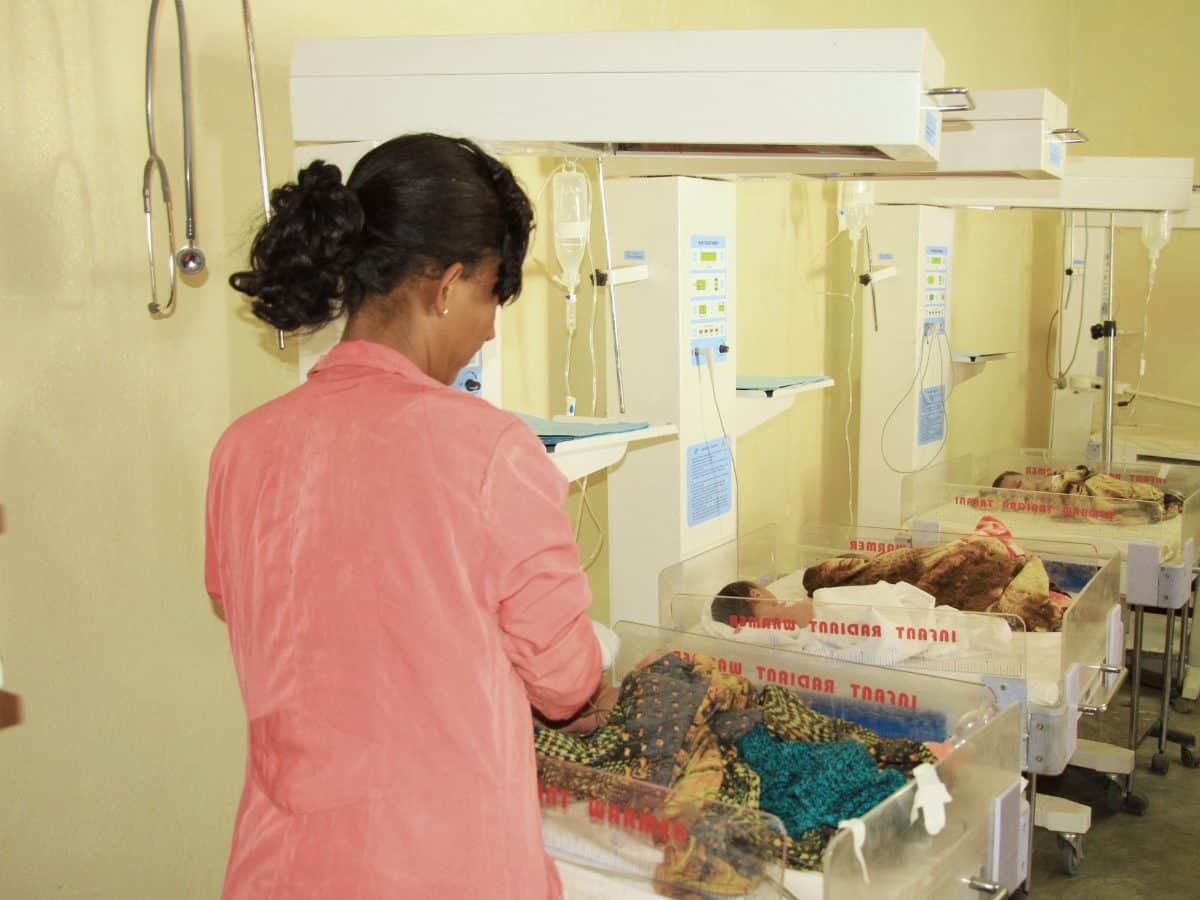Despite the dramatic shortage of physicians, approximately half of Mozambique’s doctors work in management and administrative positions in the government or health facilities, rather than as clinical providers tending solely to the needs of patients. Trained as clinicians, few have received the specialized education necessary to manage complex health facilities and systems, leading to inefficiencies in health care delivery.
To address the mismatch between health management needs and health management staff, ICAP is partnering with Mozambique’s Ministry of Health (MOH), the Instituto Superior de Ciencias de Saude (ISCISA), and the Department of Health Policy and Management (HPM) at Columbia’s Mailman School of Public Health to create an accredited health management and administration (HMA) degree program. Funded by USAID through PEPFAR, and led by Professor Paul Thurman of MSPH and Dr. Miriam Rabkin, director of health systems strategies at ICAP, the project aims to remodel ISCISA’s curriculum to enable students to graduate with skills more aligned with Mozambique’s health sector needs.
“USAID’s support has enabled a high-impact health systems strengthening project,” said Dr. Rabkin. “HPM’s expertise in health management education combined with ICAP’s deep understanding of Mozambique’s health system has already led to impressive results.”
This spring, ISCISA launched the new 37-course curriculum for the four-year bachelor’s degree program with a class of 44 students, including recent high school graduates, as well as health care professionals from across Mozambique’s health sector. Designed by curriculum developers at ICAP, ISCISA faculty members, and Mozambican stakeholders, the competency-based curriculum includes eight practica in local hospitals where students develop solutions to existing health systems challenges.
Students will be taught by newly recruited faculty trained by HPM, ICAP, and MSPH in lesson planning, teaching material development, teaching methods, and student evaluation.
“This iteration of the HMA curriculum is very concerned with acquiring practical management and administrative skills that fulfill the real needs of the Mozambican National Health Service,” said Chris Pupp, ICAP’s project director and curriculum design specialist. “We moved away from traditional ‘foundation courses,’ such as biostatistics and sociology or peripherally relevant courses like algebra or microeconomics, and placed emphasis on developing concrete competencies required by health managers.”
The curriculum content and structure is oriented around 115 specific professional competencies, ranging from managing hospital waste disposal services to leading strategic planning processes required to both manage and improve local health facilities. These were identified by way of an assessment, conducted by HPM, ICAP, and partners, that including interviewing health professionals at different levels of the health system.
“The original curriculum was both too broad and too theoretical,” said Pupp. “We needed to find a way for students to acquire practical skills to manage and administer the health system as it now functions, and to develop a critical mindset and systems approach to maximize efficiency, efficacy and equity in local health services.”








